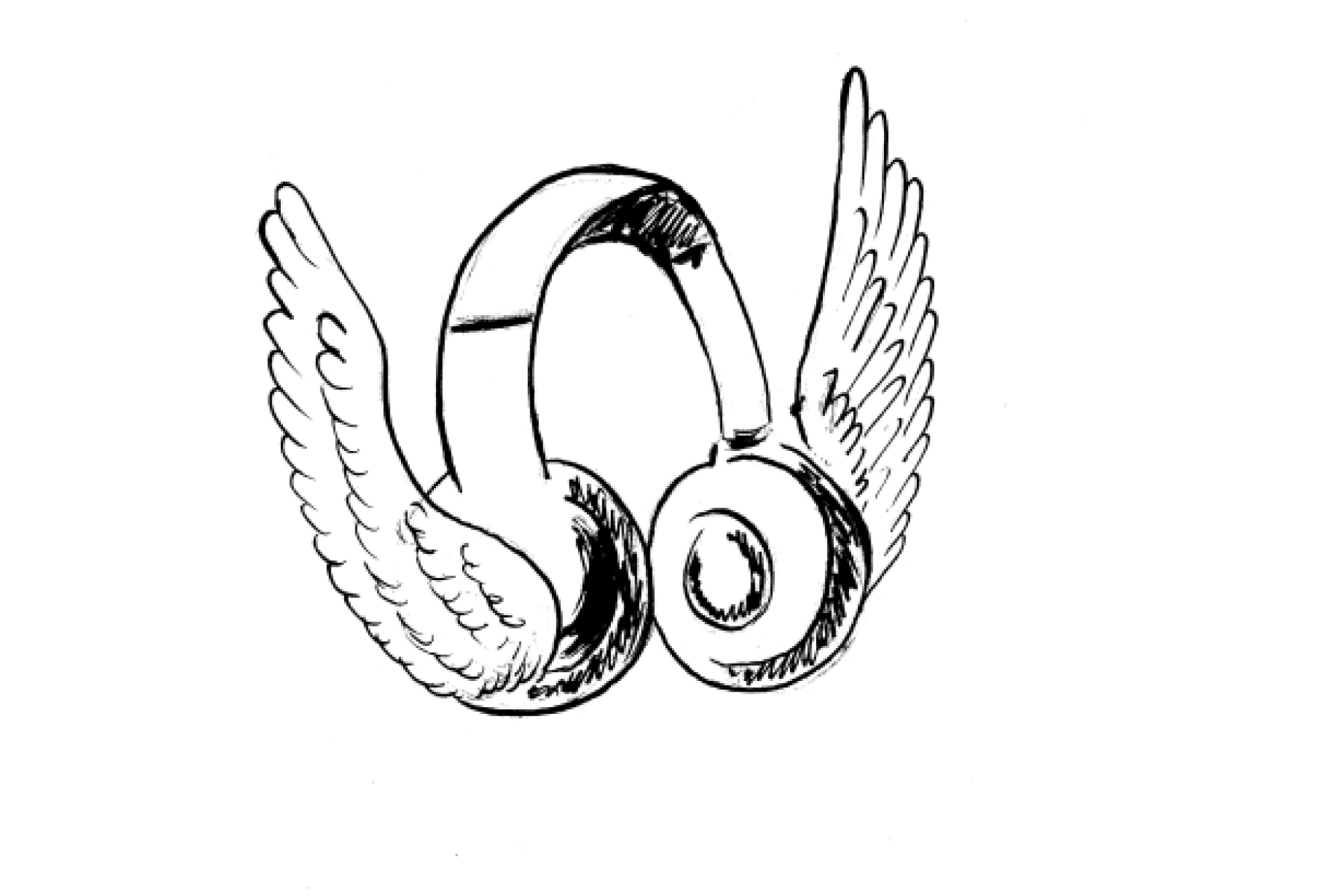
The Context
There are numerous reasons to get good at ritual, routine and regularity. One of them is to be help us calmly and confidently cope with life’s abrupt changes. You know, the ones that come about unfairly and without much warning. Like when we’re suddenly thrown into a new job or city or living situation or work environment. Here’s a list of tasks that are completely outside of your skill set. Good luck. We’re all counting on you. It’s terrifying. Not just because it’s new and different, but because it threatens our ability to satisfy our biological imperative to feel in control. Thankfully, ritual, routine and regularity help solve this problem. They help us believe that we have authority over our actions and surroundings, albeit a small amount. Because even if control is an illusion, which it is, you do what you have to do to adapt to change. You take your confidence wherever you can get it.
The Tool
Associative Trigger
ASSOCIATIVE TRIGGER — Personal patterns and physical objects that echo the habits of action and allow you to enter into your creative zone.
If you're not the kind of person who gets a sense of warmth in performing a daily routine, you might ask yourself how well you adapt to change. And if that skillset isn’t where you want it to be, consider the spaces in your life that would benefit from more ritual and routine and regularity. Create constants where you can check in with yourself. Play out a few carefully defined, highly structured behaviors that remind you who you are. Trust that ritualistic behavior won’t detract from spontaneity or creativity. And trust that when the voice of change comes barreling down the avenue, you’ll be standing there in posture of calmness and confidence, ready for anything. You have to prove to yourself that you’re still in charge of your life.

Scott's Take
Whenever I start a new job, for example, I always make a new playlist. A collection of inspiring and joyful music for the soundtrack to my new commune. It’s a small practice, but I find it extraordinarily helpful for several reasons. First, is an associative trigger that locks me into the right mindset I need to be in, before and after work. Second, it’s an existential anchor that grounds my spirit through the power of art. Third, it’s an expression of control because it proves to me that no matter what’s happening in the world, I’m still in charge of what my life sounds like. Lastly, it’s a narrative device that uses music as a marker help me remember different phases of my journey.
The Rest
The trick to being prolific is to ensure that there’s something going on all the time, not just the moment you sit down and decide to start working. In the absence of external stimulation, we must be our own monitor, creating our own internal mechanism for inspiration. What are the associative triggers that allow your art to get done over and over again?
The Benefits
Calmly and confidently cope with life’s abrupt changes
Feel a sense of authority over your actions and surroundings
Quickly lock into the right mindset you need to do your best work
Accomplish tasks outside your skillset without getting overwhelmed